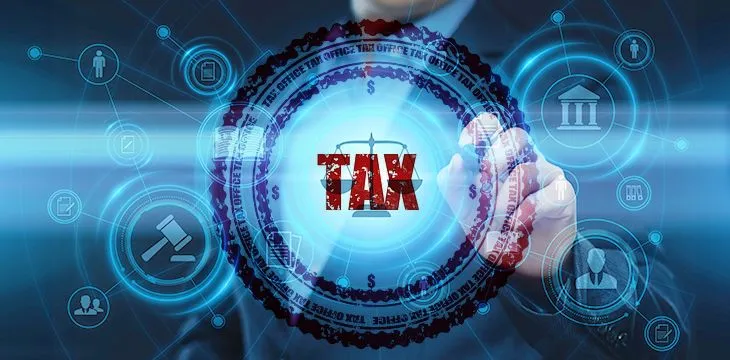|
Getting your Trinity Audio player ready...
|
A number of congressional lawmakers have written to the Internal Revenue Service (IRS), urging a proactive policy for taxing digital currency that avoids hampering proof of stake technology.
In a letter to IRS Commissioner Charles Rettig, Representatives David Schweikert, Bill Foster, Tom Emmer and Darren Soto set out how current policy is holding back progress in the sector.
Explaining how taxing staking rewards as income could lead to excessive tax burdens, the lawmakers appeal for an alternative approach that supports and encourages innovation.
“It is possible the taxation of ‘staking’ rewards as income may overstate taxpayers’ actual gains from participating in this new technology. It could also result in a reporting and compliance nightmare, for taxpayers and the Service alike.”
According to the letter, staking rewards can be more effectively taxed when they are sold, with those validating transactions rewarded by creating new tokens. The lawmakers argue that staking rewards should be treated like other kinds of taxpayer-created assets, which attract liability at the point of sale.
The language of the letter was drafted with support from the Proof of Stake Alliance (POSA), an industry organization established to promoting staking. Alison Mangiero, President of TQ Tezos and a member of the Proof of Stake Alliance, welcomed the proposals as a “common-sense solution.”
“Staking rewards, similar to a farmer cultivating produce and selling it at market, should be assessed for taxation when they are sold: we don’t tax an apple when it is plucked from a tree or a tomato fresh off the vine.”
The signatories to the letter are members of the Congressional Blockchain Caucus, a bipartisan group committed to advancing policy around blockchain.
The letter is the latest action from the body, which has previously championed legislation to support blockchain and digital currencies in the United States.

 07-14-2025
07-14-2025 





